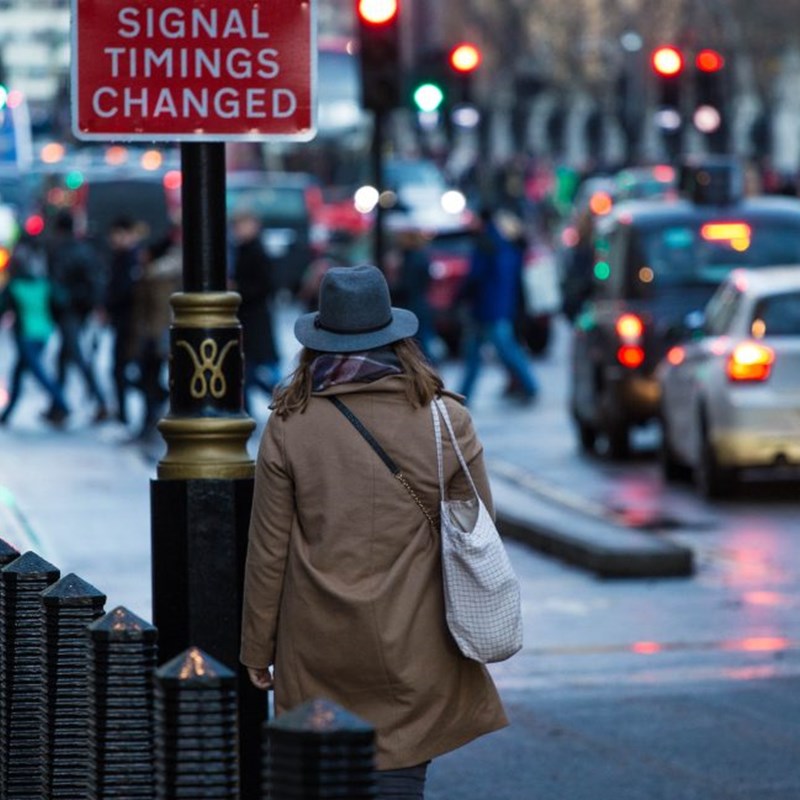
The transport sector is a great example of an industry that has introduced innovative ideas to resolve many of the key problems that city councillors and planners traditionally face.
The relevant authorities are now experiencing the benefits of connecting their infrastructure to the cloud to monitor and program traffic signals, provide green lights to emergency vehicles, and connect with roadway users, providing an integrated approach to transport planning and management.
The developments in traffic software and AI have meant that we are able to simulate, plan, analyse and predict traffic and transport to optimise the flow of movement.
Standard traffic control systems are currently using historical traffic data so are limited in their abilities to adapt to real- time traffic conditions. Upgrades to traffic management systems have allowed for a more dynamic approach where systems can adjust timing due to irregular events such as accidents and road works.
To improve their current systems and to allow for irregular events, many cities have implemented traffic management system upgrades such as installing wireless networks, surveillance cameras, and connected streetlights.
Intelligent traffic management systems and other Smart Traffic are powered by wireless connectivity throughout the city’s infrastructure. Relevant technologies include 4G, 5G, low power wide area network (LPWAN), catering to the various end use applications that require different levels of data usage and access to different networks.
Technology has had a huge impact on the way that we manage our traffic, making cities and road infrastructures safer for all. Emergency vehicle pre-emption is a key example of this – this software ensures a vehicle’s priority on their journey to an emergency by control of traffic lights. This AI technology works through cellular vehicle communications – request signals are sent from the responding emergency vehicles to road side units that can arrange for the appropriate green signal.
Smart Cities technology is also travelling towards making our transport more efficient. Transport for London have been trialling an on-demand bus service, which will allow users to book seats on a bus that will stop at locations not currently included and served by public transport. This service could encourage people to switch to the use of public transport which is more sustainable for the environment as well as ensuring journey efficiency for TFL.
Georgia manages key accounts across various industries at Arkessa, with focus on the transport industry within the Smart Cities sector. Arkessa connects a wide range of Smart Traffic solutions, from digital signage through to ANPR cameras, working with highways agencies to manage road efficiency and improve road safety.
For further information on connecting your Smart Traffic solutions, please contact Georgia at georgia.souter@arkessa.com